Author: Carol Pages, Pages Family Law.
In the last article of our January series of ‘Where do I begin’ after separation, we give some tips for things to consider when choosing a lawyer for your family law matter.
Our first article [Separated? Where do I begin?] talked about initial research you can do and gave some tips on starting points for financial matters, while our second article [Parenting after separation. Where do I begin?] gave some links and tips to help get you started in your parenting arrangements.
The nature of family law is that it often involves highly personal information – family finances and personal details about you, your ex-partner and your children. If you have decided to get legal advice, here are some tips to help get you started:
Who?
Who do you know that has been through a separation and had legal advice? Friends, neighbours and colleagues will often be able to make a recommendation to you.
Another great starting point is the Law Institute Find a Lawyer Referral Service. The link to the Law Institute of Victoria (LIV) site is below, however each state has their own Law Society that will be able to assist you. You can select up to three lawyers, and each of the lawyers listed will provide you with an initial consultation of up to 30 minutes free – this gives you a chance to speak to the lawyer and decide whether they are the one that suits your needs.
Find Your Lawyer Referral Search
What?
What do they know? How long have they been practising in family law? Do they do many areas of law or specialise in family law? It is hard and probably impossible to be an expert in several areas of law. Are they an accredited specialist? (see link below)
Directory Search – Accredited Specialist
What are the costs you will be paying? This can be the trickiest one, so it can help to know what to look out for. Usually there will be an initial telephone call to ensure that you are comfortable with the lawyer, that they can help you with your matter and maybe even feel like you can develop some rapport with them. They will tell you the costs of the first meeting which is usually around an hour.
Hourly rates are unlikely to be the best way to decide. Rates are usually an indicator of experience, so cheaper is not necessarily better, so it is a good idea to factor rates in as one part of your overall decision.
In your first meeting you will receive some advice and options of next steps to resolve your matter. You can expect to receive a detailed estimate of costs for the next stages of your matter, which you are entitled to query at no cost to you, to ensure that you are comfortable with the next steps and the charges associated with these.
If your matter changes in any way – for example, there is a parenting dispute added to a property dispute, or the scope of work changes, you will be provided with an updated estimate.
If you receive more than one estimate from different lawyers – compare them. If one is more than the other – have they set out more detailed steps that the other has left out? Even if you have one estimate, make sure that the steps to complete your matter (and the costs associated with these) seem about right. I’ve had new clients complain that their previous lawyer underestimated costs and charged a lot more. So, if in doubt, question.
Frequent billing in your family law matter is usually better, it means your invoices are less of a lump sum, and you can compare your actual costs to the estimated costs as you go.
Ask how often you will be invoiced (if not specified in the Costs Agreement) and if your invoices are itemised. No one likes getting a big number at the bottom of a bill with hardly any detail. Also ask who will do the work on your file? Is it a senior lawyer or a junior?
As an example, we invoice each month or at various stages in your matter. Each of our invoices are fully itemised – so you can see who is working on your file and how much was charged to you, so your costs are very clear.
When?
When can you see your lawyer? Are they fairly available to take your call? Do they respond to your inquiries in a timely manner or do you feel like you’re at the deli and you’ve just taken a number or called the equivalent of 1300 put on hold?
Family law cases can have urgent matters to deal with, often in the beginning just after separation.
Good family lawyers are typically busy and some days the nature of our job means that we are in Court or in a mediation or client meetings – BUT – good family lawyers also make specific time in the day to return calls, and in the matters where they know there are urgent issues going on, provide those clients with support despite other commitments.
Where?
Where is your lawyer located? Does this matter? Family law is federal, and in our post Covid world we have become used to online meetings. Even some of our Court hearings continue to be online.
We have done many interstate cases, and cases for clients who are ex-pats living overseas. Even for some local clients, their work or family commitments meant that most if not all their matter was done by telephone and zoom. Less travelling to appointments often saves time driving and parking and can help balance your time with work and family commitments.
Some clients prefer in person conferences – can your lawyer accommodate this? Can you meet at a location that is suitable for you?
How?
The last question but one of the most important is How will your lawyer run your case? What steps do they suggest for you to resolve your matter? Each family law case can be as unique as each family. The approach that works in your case may not work in the next one. Options and your lawyer’s experience are the key indicators here of the best fit for you.
The options we typically offer to clients are advice about likely outcome for property and parenting, and then options for you to negotiate with your former partner with this advice in your pocket; negotiate with the help of a mediator (we can recommend public and private mediators); negotiate via lawyers or have a lawyer assisted mediation.
_________________________________
The content of this article is provided for information purposes only and does not constitute legal advice. We recommend that you seek legal advice relevant to your own circumstances and we would be happy to assist you.
Carol Pages is the Principal of Pages Family Law and an Accredited Specialist in Family Law and a Nationally Accredited Mediator. If you would like advice about your own separation, please contact Pages Family Law at info@pagesfamilylaw.com.au or on 03 9121 8077 or book a 15 minute free discovery call via our website.

